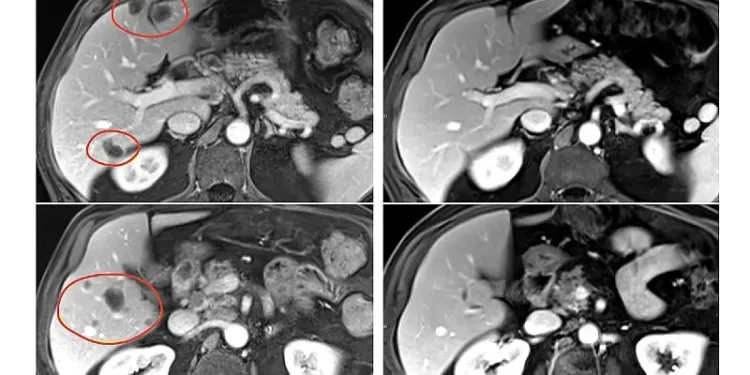Breakthrough in Metastatic Gastrointestinal Cancer Treatment
A cutting-edge clinical trial led by the National Institutes of Health (NIH) has demonstrated that a combination of tumor-infiltrating lymphocyte (TIL) therapy and pembrolizumab significantly reduces tumors in patients with metastatic gastrointestinal cancers.
This breakthrough offers new hope for those with previously treatment-resistant tumors.
A New Era in Cancer Immunotherapy
The trial, published in Nature Medicine on April 1, 2025, marks a pivotal advancement in cancer treatment. By selecting and expanding TILs, which are immune cells capable of attacking tumor cells, researchers have developed a more effective form of personalized immunotherapy.
The study’s findings suggest that this method could extend beyond gastrointestinal cancers to other solid tumors.
How the Therapy Works
- TIL Selection & Expansion: Scientists identify and grow TILs from a patient’s tumor in a lab.
- Combination with Pembrolizumab: This immune checkpoint inhibitor prevents TILs from being suppressed by the body’s defenses.
- Administration to Patients: The enhanced TILs are reinfused, boosting the immune system’s ability to fight cancer.
Clinical Trial Insights
The study involved 91 patients with metastatic gastrointestinal cancers, including those affecting the colon, rectum, pancreas, and bile duct.
Patients underwent three different treatment protocols:
Treatment Groups and Responses
| Treatment Type | Patients | Objective Response Rate |
|---|---|---|
| Unselected TIL therapy | 18 | 0% |
| Selected TIL therapy | 39 | 7.7% |
| Selected TIL therapy + Pembrolizumab | 34 | 23.5% |
Patients receiving both selected TIL therapy and pembrolizumab had the most promising results, with tumors shrinking in nearly 24% of cases. Responses lasted from four months to over five years, demonstrating the therapy’s long-term potential.
Safety and Side Effects
While promising, the treatment also presented some risks. Approximately 30% of patients experienced severe side effects, including immune-related complications.
Researchers are actively refining the method to minimize these effects while maximizing therapeutic benefits.
What This Means for the Future
The success of this trial represents a shift in how metastatic gastrointestinal cancers may be treated. Moving forward, scientists aim to enhance TIL therapy by targeting multiple tumor-specific proteins, increasing its effectiveness across more patients.
Looking Ahead
This groundbreaking research underscores the potential of personalized immunotherapy in treating aggressive cancers.
As further trials refine the approach, TIL therapy combined with pembrolizumab could become a standard treatment option for solid tumors.
Stay informed about the latest in cancer research. Explore more advancements in immunotherapy today.
Sources: National Institutes of Health.









